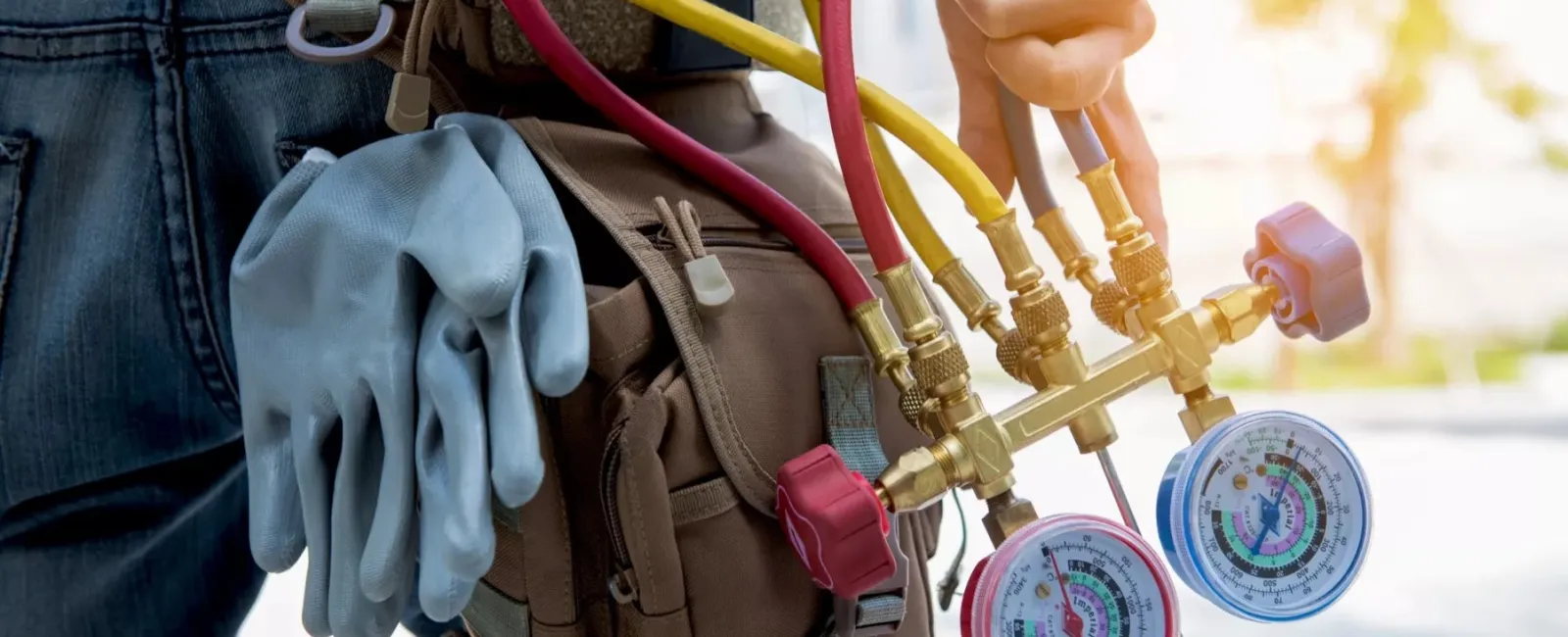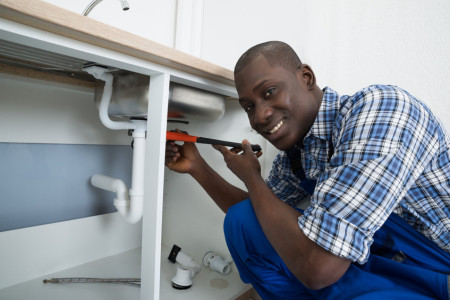Emergency Plumbing Solutions: What to Do Until Help Arrives
Emergency Plumbing Solutions: What to Do Until Help Arrives
Blog Article
We have found the article pertaining to What to Do During a Plumbing Emergency below on the net and decided it made sense to talk about it with you on this page.

Plumbing emergencies can strike at any time, causing stress and potential damages to your home. Whether it's a ruptured pipeline, a stopped up drain, or a leaky tap, understanding exactly how to manage the scenario till an expert plumbing arrives can conserve you from additional problems. This short article supplies necessary emergency pipes suggestions to help you mitigate damages and gain back control during a pipes situation.
Shut off the Water Supply
The first step in any kind of plumbing emergency is to shut down the water system. For localized concerns, such as a dripping faucet or commode, shut off the valve near the component. When it comes to a major leakage or burst pipe, find your home's main water shut-off shutoff and turn it off instantly. Knowing the area of these valves ahead of time can save useful time during an emergency situation.
Address Small Leaks with Short-lived Repairs
Tiny leaks can promptly end up being substantial issues if left untreated. Utilize these short-lived repairs until specialist help gets here:
While these solutions aren't permanent, they can aid minimize water loss and damage.
Unclog Drains Pipes Safely
A stopped up drainpipe can be an aggravating and unpleasant issue. Right here's just how to tackle it:
If these approaches don't work, prevent making use of too much pressure, as it may intensify the obstruction.
Handle Overflowing Toilets
An overruning commode can cause immediate turmoil. Below's what you need to do:
Shut down Your Hot Water Heater
In particular emergency situations, such as a burst pipeline, it's important to shut down your water heater. This avoids overheating or damages to the device when water quits moving. Turn off the power supply to the water heater (electric or gas) and let it cool off to prevent possible threats.
Momentarily Quit a Burst Pipe
A burst pipe can result in considerable water damage in minutes. To reduce the problem:
Call an expert plumbing immediately to resolve the issue permanently.
Take Care Of Frozen Piping Very Carefully
In colder environments, icy pipes are a common emergency situation. If you suspect an icy pipeline:
Stop Further Damages
Taking fast action to decrease damage can conserve you money and time in the long run. Below's exactly how:
. Have an Emergency Pipes Kit
Prepare a standard plumbing emergency situation kit to manage minor problems effectively. Your set should include:
Having these devices on hand can make a substantial difference in your ability to handle emergency situations.
Know When to Call a Professional.
While quick fixes can assist momentarily, specific pipes issues need prompt professional attention. Call a plumbing technician if:.
Without delay contacting a professional guarantees the concern is resolved correctly and prevents additional difficulties.
Conclusion.
Plumbing emergencies can be frustrating, yet with the appropriate knowledge and tools, you can handle the circumstance properly till help arrives. By shutting off the water system, attending to little leaks, and utilizing momentary repairs, you can decrease damages and maintain your home safe. Bear in mind, these tips are temporary services; always speak with a certified plumbing to deal with the source of the issue. Preparation and quick thinking are your ideal allies in any kind of pipes emergency situation.
8 Helpful Tips for Managing Plumbing Emergencies at Home
If your plumbing system hasn’t failed once, wait for it because almost everyone has a story to tell. Sometimes, it could be simple emergencies such as a leaking pipe, a blocked cistern, or even a big burst pipe. In situations like this, you need to have some handy tips to save you some money and from possible damages.
Take care of minor issues early.
Sometimes, you could have avoided an emergency by taking proactive measures while it was still early. Some major plumbing emergencies can be a result of an ignored minor issue. We recommend that you have items like plumbing tapes and other related items. A plumbing tape can allow you to manage minor leaks before the plumber arrives.
Cut off the water supply.
This tip is essential in almost any type of leakage problem. For problems like minor leakages in the toilet or kitchen, turn off the supply that takes water to the affected pipes. If the leakage is a major pipe, you must shut off the supply valve to the entire building. This will help you avoid flooding your home and neighbors if you share a flat.
Know your plumbing system
Folks typically move into a new apartment without understanding the water supply around the building. This can prove disastrous if a water emergency arises and the plumber is far away. The previous tip will prove useless if you don’t practice this one. More importantly, know where your water shut-off valve is located – you’ll need that knowledge to prevent potential home floods.
Have some common handy tools
There are lots of plumbing emergencies that you can handle without hiring a plumber. That’s why you must keep some tools available always. Some tools that you can use to fix simple plumbing emergencies easily include plumbing tapes, screwdrivers, thread seal tapes, plungers, pliers, tape measures, and rubber gloves.
Insulate your pipes from cold
You’ll save yourself from many plumbing expenses if you protect your water pipes from the cold. This is because of the harmful effects that cold weather can have on your pipes. During winter, your pipes can burst from being overly expected to freezing temperatures. So, make sure insulators are there to keep the pipes working correctly.
Avoid practices that will clog your toilet.
Many people indulge in practices that can damage the plumbing system of the entire building. One of these is when they use their toilet to dispose-off garbage. They flush all kinds of things, such as paper towels, bandages, hairs, female sanitary products, etc., down the toilet. This will block your toilet in the long run, incurring unnecessary expenditures. Dump such waste in the trash instead.
Check your dials regularly.
Sometimes, there could be leakages in your home without noticing them in time. So, constantly monitor your water meter dial. If the dial is reading when there is nobody using water, this is an indicator that there is leaking. Check for leaks immediately. Call a plumber as soon as possible if you can’t find any.
https://www.constructionplacements.com/8-helpful-tips-for-managing-plumbing-emergencies-at-home/

I came across that piece on while doing a search on the search engines. In case you liked our blog posting if you please consider to share it. Many thanks for being here. Don't hesitate to check our blog back soon.
Call Today Report this page